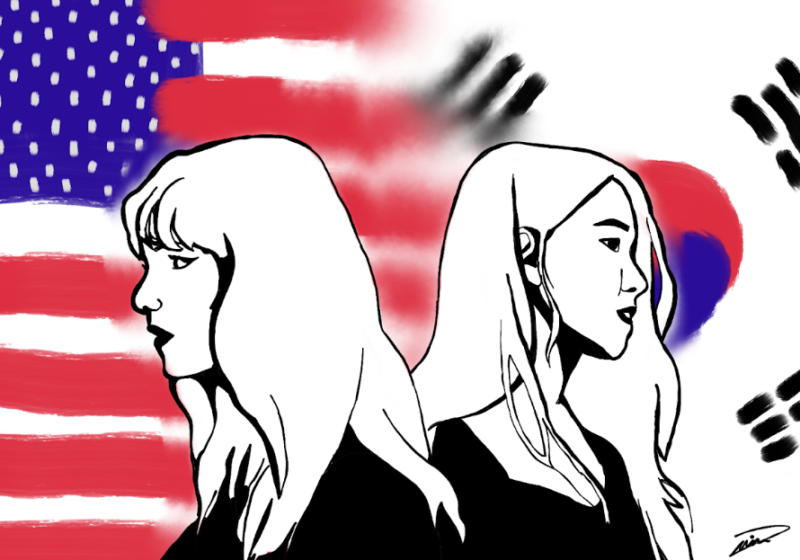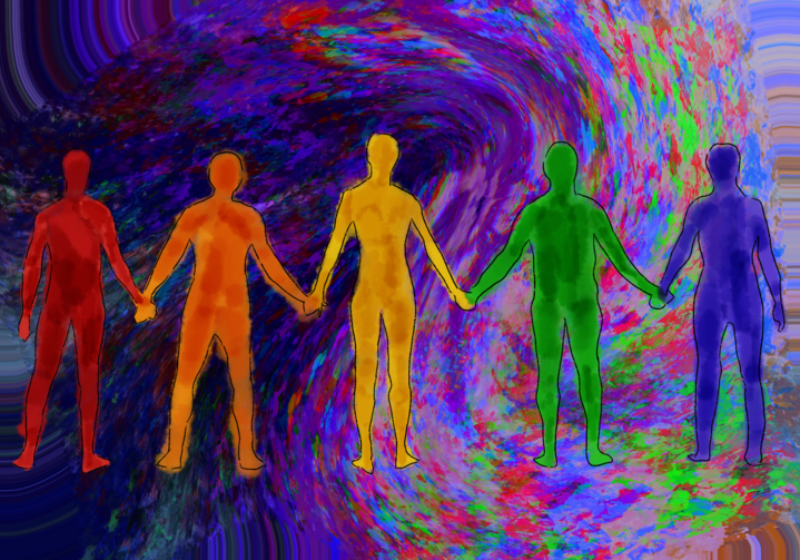Allow me to tell you a tail.
Once upon a time I was a nine-year-old extra in my town’s community theater production of “Cats.” I made a mistake in the choreography and the director, a 60-year-old man with the exact personality of this cat, screamed in my face for five straight minutes in front of the entire cast.
It was this moment that taught me true embarrassment. And when I entered the theater to see the “Cats” movie, I was prepared for it to be awful, embarrassing enough to truly earn the ire of that director.
And it was.
But even if it’s not good in the traditional sense, the “Cats” movie cannot be viewed in a traditional context. It must be viewed as an exercise in free-spirited, unabashed strangeness. And by that metric, the “Cats” movie is very good indeed.
The plot follows Victoria, who is abandoned in a junkyard by her human owners, only to be adopted by a clan of cats calling themselves the Jellicles. As it so happens, they adopt her on the one night of the year when the Jellicles are to perform before Jellicle leader Old Deuteronomy, who will determine who will be permitted to die and ascend to the Heaviside Lair to be reborn into another Jellicle life.
The acting in this movie is greatly underappreciated. Some highlights: uber-serious Jellicle VP Munkustrap’s — played by Robbie Fairchild — ability to clench his jaw constantly, even while singing. Jason Derulo yelling “milk!” into the camera. Taylor Swift doing whatever her thing is nowadays. Also Dame Judi Dench and Sir Ian McKellen are in this, which is very nice but simultaneously a little upsetting because they’re too good for it.
For an adaptation of a musical with a reputation for being oddly sexual, the “Cats” movie is adamant that there be a very clear monogamous relationship. The contradiction between the movie’s desire for traditional story elements (such as plot) and the nature of the source material is made incredibly apparent in the way this romance is handled, its outcome leading me to the upsetting conclusion that the entire two hours I spent getting invested in the love lives of computer-generated singing cat people were utterly wasted.
But really, isn’t the best part of a film the friends the actors make along the way? No, but this isn’t a film — it’s an experience. And halfway through my experience of the “Cats” movie, I realized what it was that was keeping me invested in the movie, even more than my nostalgia for the source material and my shameful Victoria/Mr. Mistoffolees ship.
These actors, more than any actors I’ve ever seen in any other film, believe so much in what they’re doing. Every word they sing, every move they dance — they believe in every single bit of it.
It’s easy to get invested when you’re acting in the MCU or Star Wars. It is so hard to believe in “Cats,” but they do it.
I like to think that this whole experience has brought them closer together, and they’re still in contact, even to this day. They have a group chat where they reassure each other that people just aren’t ready for the artistic genius of the “Cats” movie. Their names in each other’s phones are the names of the cats they played. They have plans to spend birthdays and major holidays together. They have formed closer relationships with each other than you or I will ever form with another human being if we don’t put ourselves out there and break some eggs.
So why not at least give the actors credit for their optimism and unabashed strangeness? That is, after all, what Jellicles do.



